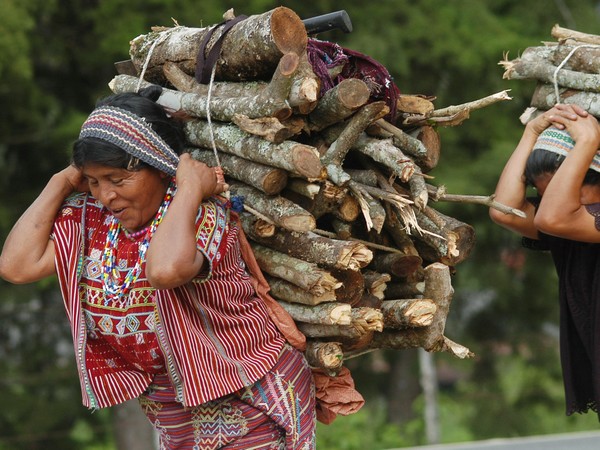Strategic thinking on future work in Guatemala

The Interpeace Latin America Office organized a meeting with civil society organizations,government representatives and some government partners on the issue of “Peace and democracy consolidation in Guatemala: structural and current challenges.”
The agenda included the presentation of three papers: The structural challenges of peace processes and democracy, by Edelberto Torres-Rivas; Analysis of the post electoral situation and perspectives for the governmental period 2008-2012, by Marcel Arévalo, and Matrix of challenges and results in the process of consolidation of peace and democracy in Guatemala, by Gabriel Aguilera. The purpose of the meeting was to identify the major challenges facing Guatemala and to begin a process to identity new potential areas of work for Interpeace.
Interpeace began work in Guatemala soon after the signing of the 1996 Peace Accords, which brought an end to 36 years of civil war. The focus of its work has been to strengthen and facilitate the implementation of the component of the Accords dealing with redefining the role of state security institutions and strengthening the role of civil society in security sector issues.
Together with local Guatemalan civil society partners, and over the past 12 years, Interpeace has implemented 3 projects on democratic security policy (project known by its Spanish acronym “ POLSEDE”), civilian security policy (known as POLSEC), and most recently a project to strengthen the capacity of civil society on security issues ( “FOSS” ). Interpeace is now launching a project to work on one of the major issues of insecurity in Central America, the youth gangs phenomenon-maras- with a focus on Guatemala, Honduras and El Salvador.
Interpeace’s Regional Office is based in Guatemala City and manages the FOSS project in Guatemala and the youth gang project.
